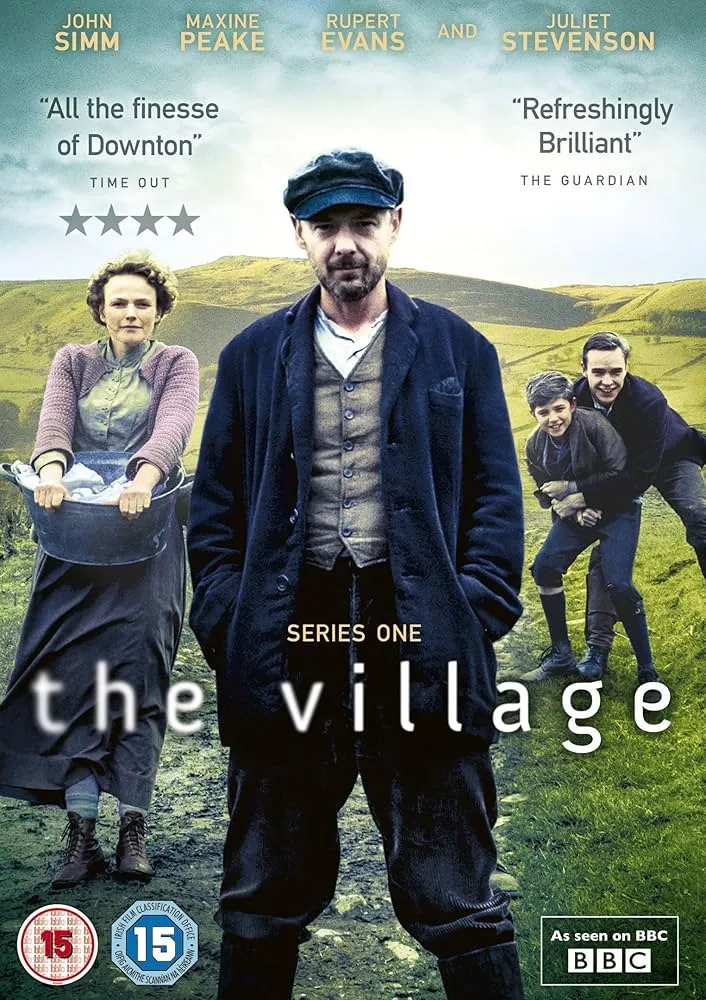
First Blood Part II (1985), directed by George P. Cosmatos and co-written by James Cameron and Sylvester Stallone, marks a significant departure from its predecessor, First Blood (1982). While the original film delved into the psychological trauma of Vietnam War veterans and their struggles upon returning home, the sequel transitions into a high-octane action narrative, emphasizing explosive sequences over introspective storytelling.

In this installment, John Rambo, portrayed by Stallone, is released from prison under the condition that he undertakes a covert mission to Vietnam. His objective is to confirm the existence of American prisoners of war (POWs) still held captive. However, upon discovering that POWs are indeed present, Rambo is ordered to abort the mission. Defying orders, he embarks on a solo crusade to rescue the prisoners, battling both Vietnamese and Soviet forces in the process.

The film's transformation of Rambo from a tormented veteran into an almost superhuman warrior reflects a broader shift in the franchise's tone. Critics have noted this change, with some describing the sequel as a "brainless action movie" that lacks the "soul and heart" of the original. The emphasis on action over character development has led to debates about the film's merits and its place within the series.

Despite the criticisms, Rambo: First Blood Part II achieved significant commercial success, grossing over $300 million worldwide. Its portrayal of Rambo as an indomitable force resonated with audiences during the 1980s, a period marked by heightened Cold War tensions. The film's depiction of American heroism and its unambiguous portrayal of enemies catered to the era's appetite for patriotic narratives.However, this shift did not sit well with all viewers. Some fans felt that the sequel betrayed the original film's message, which highlighted the neglect and mistreatment of veterans. One Reddit user commented, "Part II wasn't even good. The point of the first film was a critique of fascism... Part II almost completely forgot what the first film said." This sentiment underscores the tension between the franchise's initial introspective approach and its later action-oriented direction.In conclusion, Rambo: First Blood Part II stands as a pivotal point in the Rambo series, transitioning from a focus on the psychological aftermath of war to a celebration of action and heroism. While it succeeded in captivating audiences with its thrilling sequences, it also sparked discussions about the portrayal of war, heroism, and the responsibilities of storytelling. The film's legacy is thus twofold: as a quintessential 1980s action movie and as a subject of critique for its departure from the nuanced themes of its predecessor.



